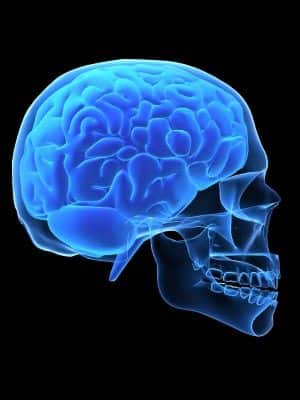
According to the Centers for Disease Control and Prevention, traumatic brain injury is the leading cause of disability and death for children and adolescents in the US. Children and adolescents receive a traumatic brain injury (TBI) as a result of car accidents, child abuse, falls and sports-related injuries.
Traumatic Brain Injury By the Numbers
Since 2011, the number of children being treated for sports-related traumatic brain injuries has increased dramatically, by more than 90 percent in the past ten years alone. As more children join competitive sports teams at younger ages, researchers suggest this number may only increase.
Traumatic brain injuries lead to approximately 630,000 emergency room visits annually. Recent studies have indicated that 15 percent of traumatic brain injuries in children are sports-related. While males, between the ages of 6 and 16, are statistically the most likely to be admitted to the hospital for a sports-related traumatic brain injury. When a child suffers a traumatic brain injury, research has shown that they need longer to recover. The brain of a child and the brain of an adult are different. Parents should not assume a child is ready to return to normal activity after a traumatic brain injury, and should always consult a qualified and knowledgeable medical professional before clearing their child to return to normal activities.
- 62,000 children suffer from a traumatic brain injury (requiring hospitalization) after a car accident, fall, sports injury, physical abuse or other cause.
- 564,00 children received treatment in emergency rooms every year for traumatic brain injuries and are subsequently released without being hospitalized.
- In children ages 0-14, traumatic brain injury results in approximately 2,685 deaths per year.
- Approximately 1,300 children die from traumatic brain injuries as a result of child abuse every year.
(Traumatic Brain Injury in the United States: Emergency Department Visits, Hospitalizations, and Deaths, the Centers for Disease Control and Prevention)
Recognizing TBI In Children
Brain Injury Association of America
| Physical Impairments | Cognitive Impairments | Emotional Impairments |
| speech | short term memory deficits | mood swings |
| vision | impaired concentration | denial |
| hearing | slowness of thinking | self-centeredness |
| headaches | limited attention span | anxiety |
| motor coordination | impairments of perception | depression |
| spasticity of muscles | communication skills | lowered self-esteem |
| paresis or paralysis | planning | sexual dysfunction |
| seizure disorders | writing | restlessness |
| balance | reading | lack of motivation |
| fatigue | judgment | difficulty controlling emotions |
The personal injury attorneys at Hardy, Wolf and Downing have over 35 years experience with personal injury law. We can help your family understand your rights if you or a loved one has been involved in an accident that resulted in a traumatic brain injury. Our Lewiston and Portland law offices are here to answer your questions and will put our expertise and experience in the field of personal injury law to work for your family.
If your child has received a traumatic brain injury in a car accident, please call the experienced personal injury attorneys at Hardy, Wolf and Downing to schedule a free and confidential evaluation of your case.
Our personal injury attorneys provide our blog as a service to our clients. They are meant to be purely informational. If you or a loved one has been in an accident and would like a free consultation with a personal injury attorney, please call our firm today at 1-800-INJURED to start understanding your legal rights.

